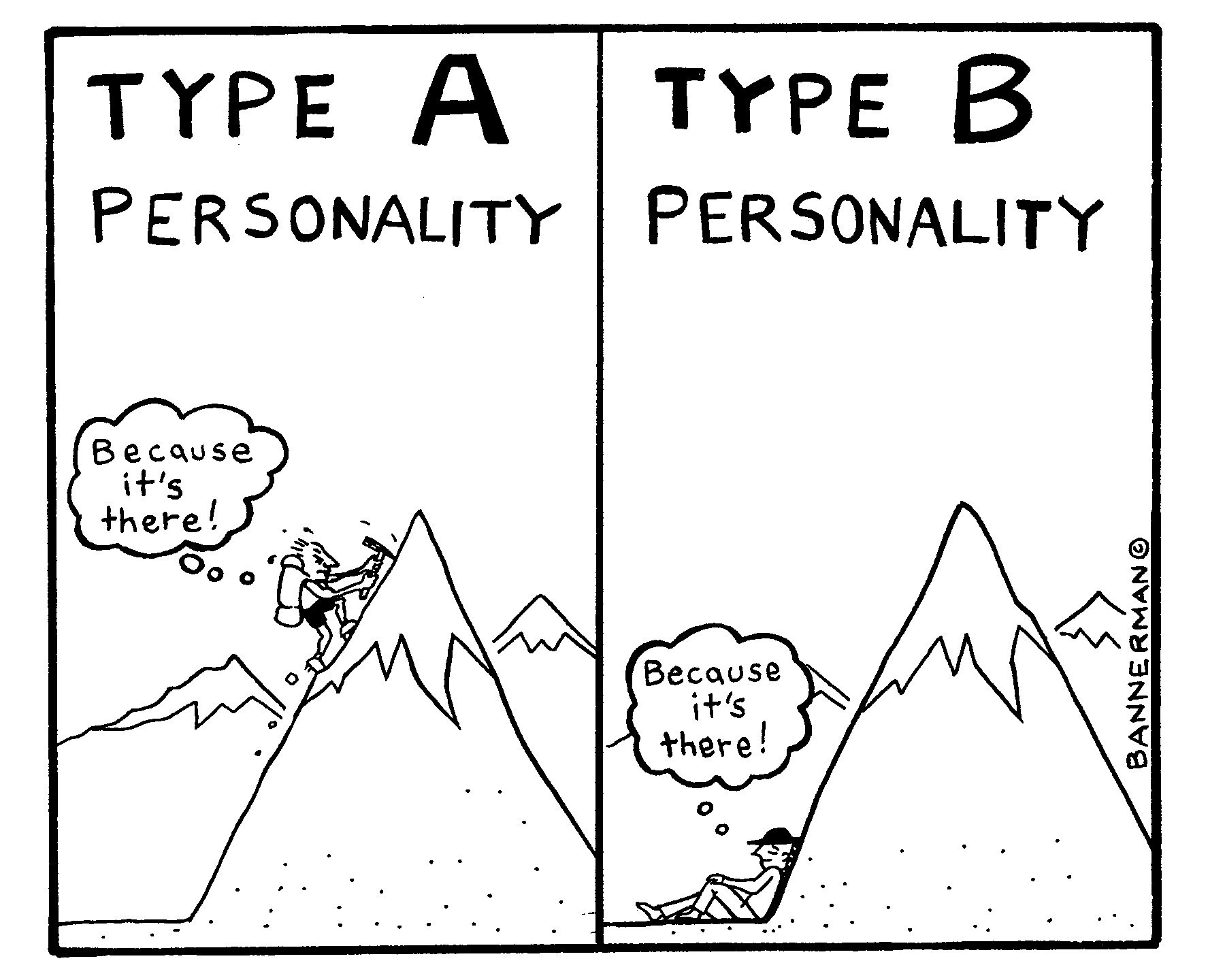
Psychologists are Human, Too – Burnout – Part 2 – by Dr Rebecca Ray
Part 2: Factors that Contribute to Burnout
Burnout. It’s a serious subject when you’re in the business of helping everyone else deal with their challenges, but may then forget to consider your own needs. Following on from last month’s blog post on identifying burnout, I wonder have you noticed any of those signs in yourself? If so, have you been able to identify any aspects to your work style or your individual characteristics that might contribute to causing and maintaining the burnout?
In helping professions, it is essential to be aware of the signs of burnout to protect both yourself and your clients, but also the factors that may cause and maintain burnout. We can think of these factors as being from internal or external sources, that is, those factors that are unique to you as an individual (internal factors) and those factors that are a function of the workplace or situation (external factors). Let’s have a look at both:
Personal Factors
- Personality style – consider the impact of using significant levels of extroverted energy if you are introverted; whether you have a tendency towards being perfectionistic; maybe you’re prone to self-doubt; maybe you’re naturally self-sacrificing, or you consider yourself as having a “Type A” personality style. Each of these characteristics is likely to increase your vulnerability to burnout.

- Attitudes, beliefs and expectations – do you tend to set extremely high and/or unrealistic expectations of yourself? What are your beliefs around failure? Where do you attribute therapeutic success or limitation in your practice? If you have a tendency to set unrealistic expectations and standards, and to rigidly blame yourself for therapeutic failures, you may burnout more quickly.
- Lifestyle – because psychologists are human too, we need to walk the talk to get the best out of ourselves to perform such a demanding role. That means, diet, exercise, sleep and self care are crucial. How do you fare in this area?
- Personal issues – that humanness gets in the way again, doesn’t it? Unfortunately, years of training in psychology doesn’t stop life from happening to us, or change what happened in our childhoods, or make us immune to psychological distress. If you notice that your own “stuff” arises more often than you think it should, seek support to prevent it from impacting on your well-being or your work.
- Financial requirements – Sometimes working more than your energy requirements comfortably allow is a necessity when external factors such as financial needs are prominent. However, if your financial requirements are such that you are regularly extending yourself beyond what your personal resources can match, consider changing your situation to protect yourself from burning out.

Professional Factors:
- Client presentations – if you regularly see complex client presentations, particularly those where clients have been, or are continuing to be exposed to trauma, you may be more vulnerable to burnout.
- Client risk levels – if you regularly see clients who are at risk of harming themselves or others, or at risk of being harmed by others, this can be draining and require a great deal of emotional and professional energy in providing support to the client, case management, risk assessment and recording keeping. Attempt to balance out your case load to avoid too many high risk cases at once.
- Legal and professional requirements – as psychologists we are bound by many regulations including those of the Psychology Board of Australia, Medicare, WorkCover and Insurance providers, as well as the legal system at large. The costs of navigating these systems, especially if you have been subpoenaed or audited in some way, all add to the risk of burnout.
- Third party demands – at various times in your practice you may find that you are required to deal with demands from clients’ family members, or employers, or other stakeholders who have a vested interested in your client’s treatment. Sometimes navigating the complexities of liaising with stakeholders can add extra pressure to the existing practitioner demands.
- Running a business – in previous blog posts we’ve talked about the demands of running a business on top of being a psychologist if you’re in private practice. This is another factor that can leave a therapist feeling burnt out if it’s not managed well.
- Schedule demands – in an effort to do the right thing by clients, or to be flexible for emergencies, you can fall prey to scheduling sessions outside of hours or too many clients in day which doesn’t allow for adequate breaks. Scheduling issues such as these may be completely acceptable when starting out in private practice. However, be mindful that you don’t consistently schedule sessions in such a way as to work when you don’t have the energy to do so, or when it eats into your personal rest time.
- Isolation – if you practice in a setting where there are few, if any, other psychologists around, or maybe not even other workers in the same office as you, be aware that isolation leaves you with less professional support, which has been associated with higher levels of burnout.
Take a moment to reflect. Even you’re feeling ok right now, how many of the above factors exist in your personal and professional lives? If there’s more than one or two, use your self-awareness to monitor any negative impact on your well-being from those things.
Next month, we will talk about what you can do to prevent and manage burnout. In the meantime, take care of yourself first!
 Dr Rebecca Ray
Dr Rebecca Ray
Clinical Psychologist, Writer, Happiness Enthusiast
More articles by Dr Rebecca Ray:
- Psychologists are human too – Burnout part 3
- Psychologists are human too – Burnout part 1
- The private practice psychologist – wearer of many hats
- The career progression of a psychologist – many roads lead to Rome
- Private practice psychology – so many benefits
- Private practice psychology – 10 indicators to help you decide if you should take the leap
